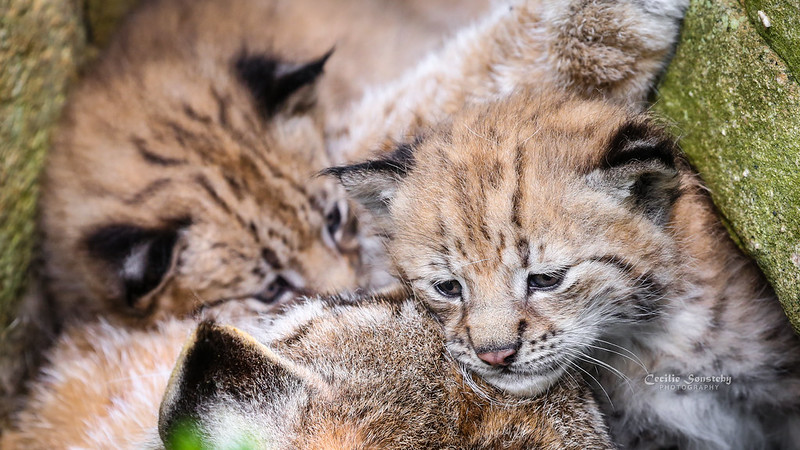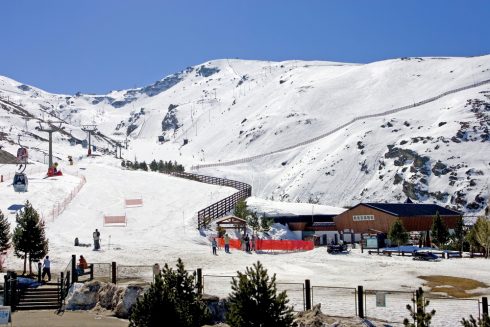THE Iberian Lynx Ex situ Conservation Programme has established seven breeding pairs for the 2023 mating season at the El Acebuche centre, located in Almonte, in the Doñana Natural Area.
According to the latest information published by the programme, work was carried out during the month of December by geneticists to ensure that the specimens selected are the most genetically suitable.
The mating season of the lynx occurs from February to April and is followed by a gestation period of 8 to 10 weeks.
The female lynx enters estrus—the state of being receptive to mating—once a year, and in captivity it is the only time two adult species will share the same space.
Mating is followed by a gestation period of 8 to 10 weeks.
The number of breeding pairs established this year at El Acebuche, the pioneering breeding centre for this species, is the same as in 2022.
Of last year’s seven breeding pairs, six copulated, conceiving a total of 16 cubs. However, only seven cubs survive weaning.
The current Iberian lynx conservation breeding efforts focus on producing physiologically and behaviourally sound captive-born individuals that are suitable for future reintroduction campaigns.
READ MORE:
- Oldest known Iberian lynx in Spain has died
- WATCH: First Iberian Lynx cubs born this season in Spain’s Doñana
Click here to read more News from The Olive Press.








